Homegrown by Heroes
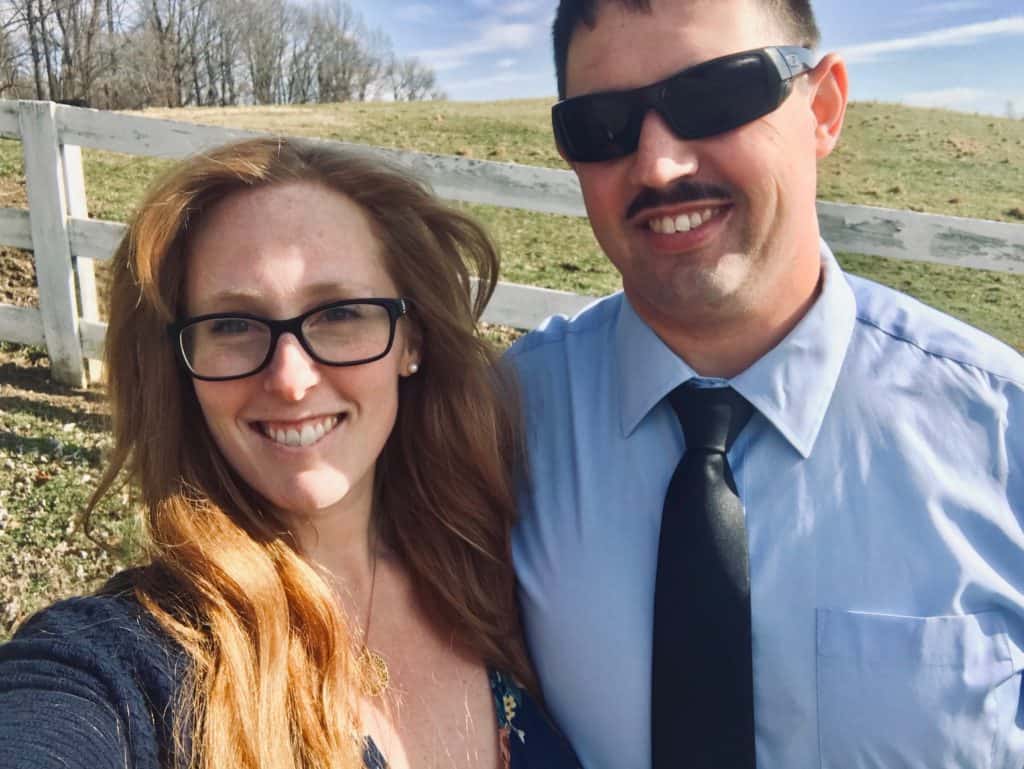
Tiffany and Todd Durbin 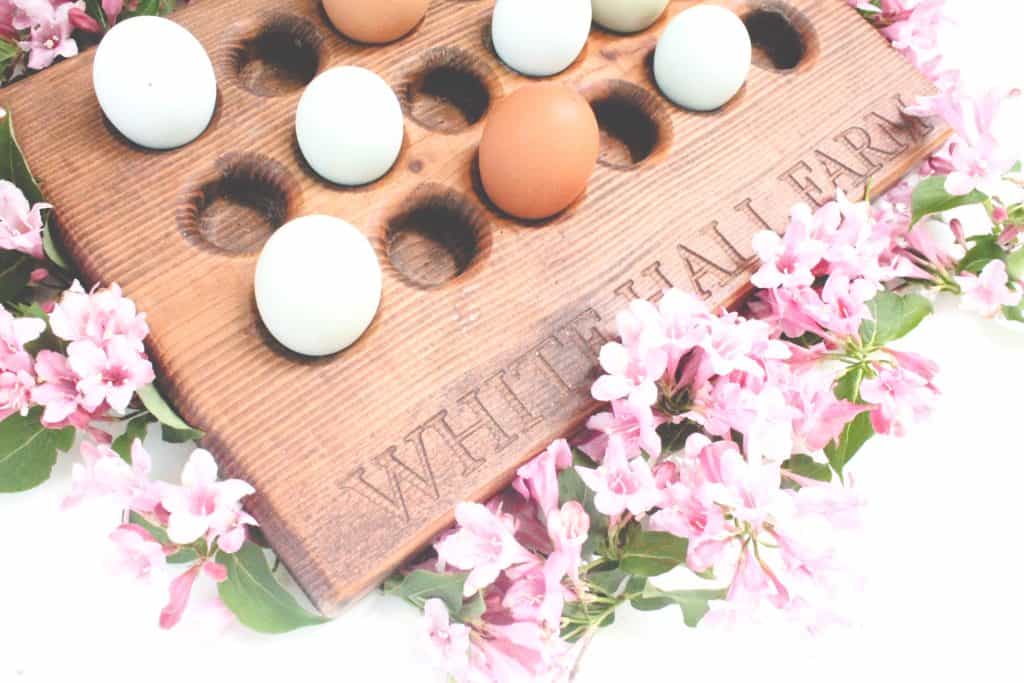
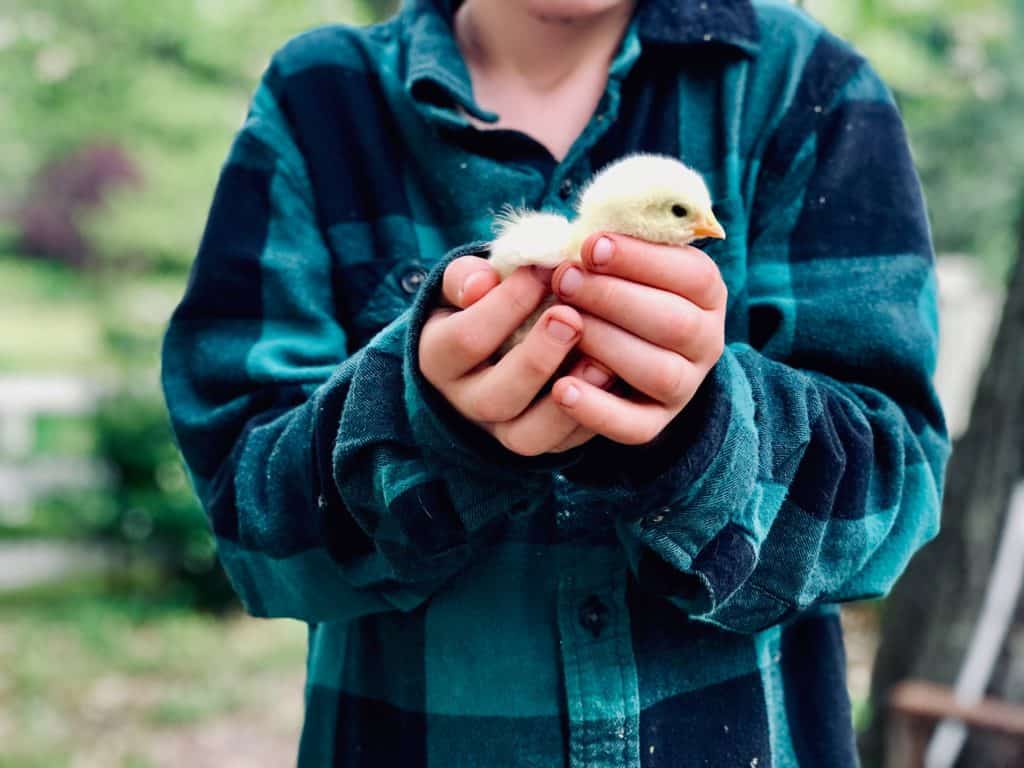
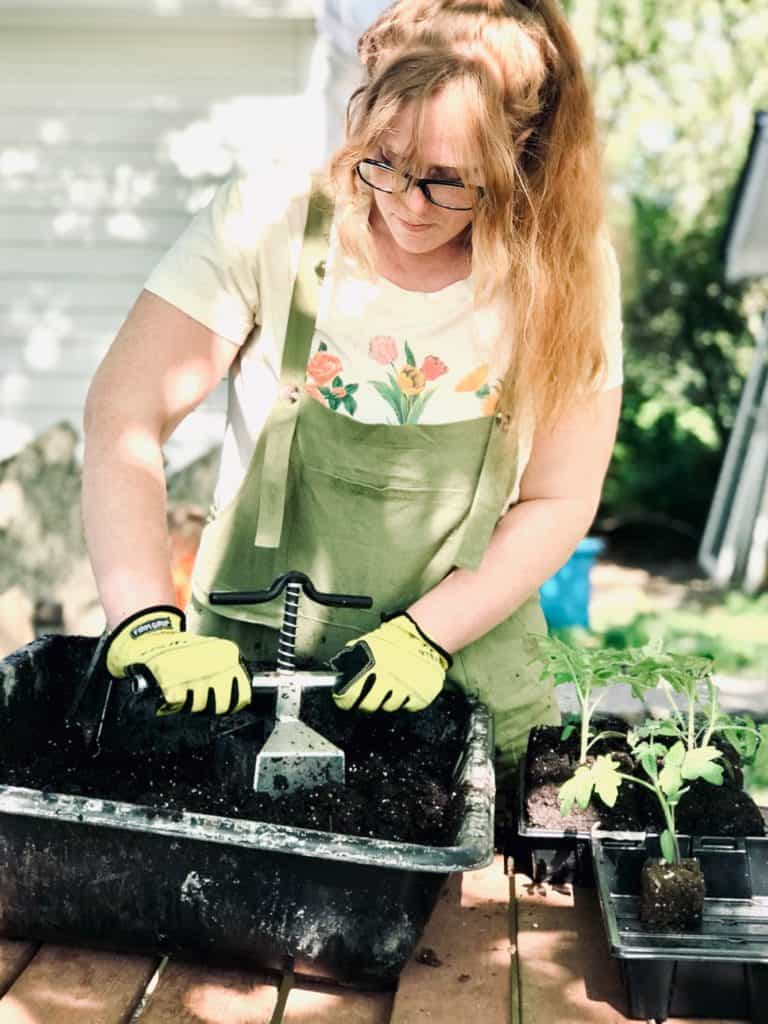
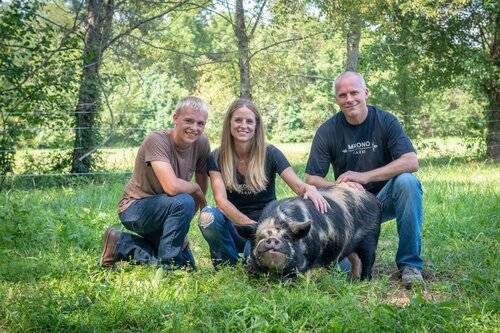
Credit: Lena McBean of Remsberg Inc, for Taking Stock/SMADC
Supporting Maryland’s Farming Veterans
By Judy Colbert
The United States of America has celebrated Veterans Day (formerly Armistice Day) for more than a century and just as the name has changed, so has our method of honoring and thanking those who serve us and their country.
One more modern way is by frequenting the businesses run and operateaad by veterans, particularly since the unemployment rate for veterans has climbed to 13 percent since the start of the pandemic.
An easy way to support veterans is to buy products that are grown and produced by veteran farmers. The Homegrown by Heroes label lets you know that agricultural products were produced by U.S. military veterans, and it allows veterans to differentiate their farm and ranch products in the marketplace. The program certifies products from veterans of all military eras working as ranchers, farmers, and fishermen.
Homegrown by Heroes is the branding program of the Farmer Veteran Coalition, open to anyone who has verification of having served in the U.S. Armed Forces. Eligibility requires that the operation maintain a minimum of 50 percent veteran ownership and management control.
Jason Hand of Huntingtown served in the U.S. Navy for 21 years. After several tours in Italy, Spain and Kenya, he retired as a chief petty officer and took a civilian job with the federal government.
Hand and his wife, Amanda moved to Calvert County so they could buy a property large enough for her (as a former barrel racer and dressage competitor) to have horses yet close enough to commute to D.C. Now the couple runs a small batch swinery called MKONO Farm, raising KuneKune pigs, a hairless heritage breed that hails from New Zealand. Their products carry the Homegrown by Heroes label.
Jason says he was influenced by Swahili culture while in Kenya and he learned that the word “mkono” was Swahili for “hand.” The Hands sell hams, chops, sausages, fat and other items.
After trying to raise chickens, they decided to look into raising the KuneKune pigs after watching videos from a California veteran farmer.
“We did a little research,” says Jason, “and found some people in the area who had some. We tried three of them in January 2018, and were pleased with how awesome they are with children and the environment. They don’t need a lot of commercial stuff to eat, but they take longer to grow, about 14-16 months to get to full size rather than eight months.”
The couple learned about the labeling program about 18 months ago, but it started back in 2008. A group of farmers and military veterans and their relatives met to develop a program to help veterans return to being productive members of society. Mary Tillman, mother of Pat Tillman, the NFL player who left the Arizona Cardinals to join the Army and was killed while serving, was at that first meeting.
Under the guidance of Michael O’Gorman, the Farmer Veteran Coalition (FVC) was born, created to help veterans with farm loans and understanding the injuries and trauma that comes from combat. The Homegrown by Heroes campaign was launched to “give the farmer veterans recognition in the marketplace for their military service,” states the FVC. New farm bills were enacted in Congress that incorporated micro-loans and conservation programs.
Help with funding has been a key to the Hands’ success. Jason says the program has been particularly useful in networking and providing information about USDA funds. They’ve also met other local farmers who are in the program. The Hands’ five children all spend time working and playing on the farm. While the oldest son has moved to Texas to pursue a career in welding, their eldest daughter wants to be a veterinarian and the other children seem to be interested in staying in the farm business.
“We use our natural environment,” says Jason, “to raise, grow, and harvest food that is as nature intended: healthy and delicious. The KuneKune pigs are known for how friendly they are and the absolutely amazing meat, dark red, beautiful marbling, and wonderful flavor. Our products are sustainably produced and free from hormones, antibiotics, GMOs, and other junk.” MKONO sells their USDA-processed, vacuum sealed, quick-frozen products by individual cuts or by the whole, half side, or custom cuts. They also sell eggs, soaps made from lard, and coffee. They will have special order cuts and holiday hams available soon (https://mkonofarm.com).
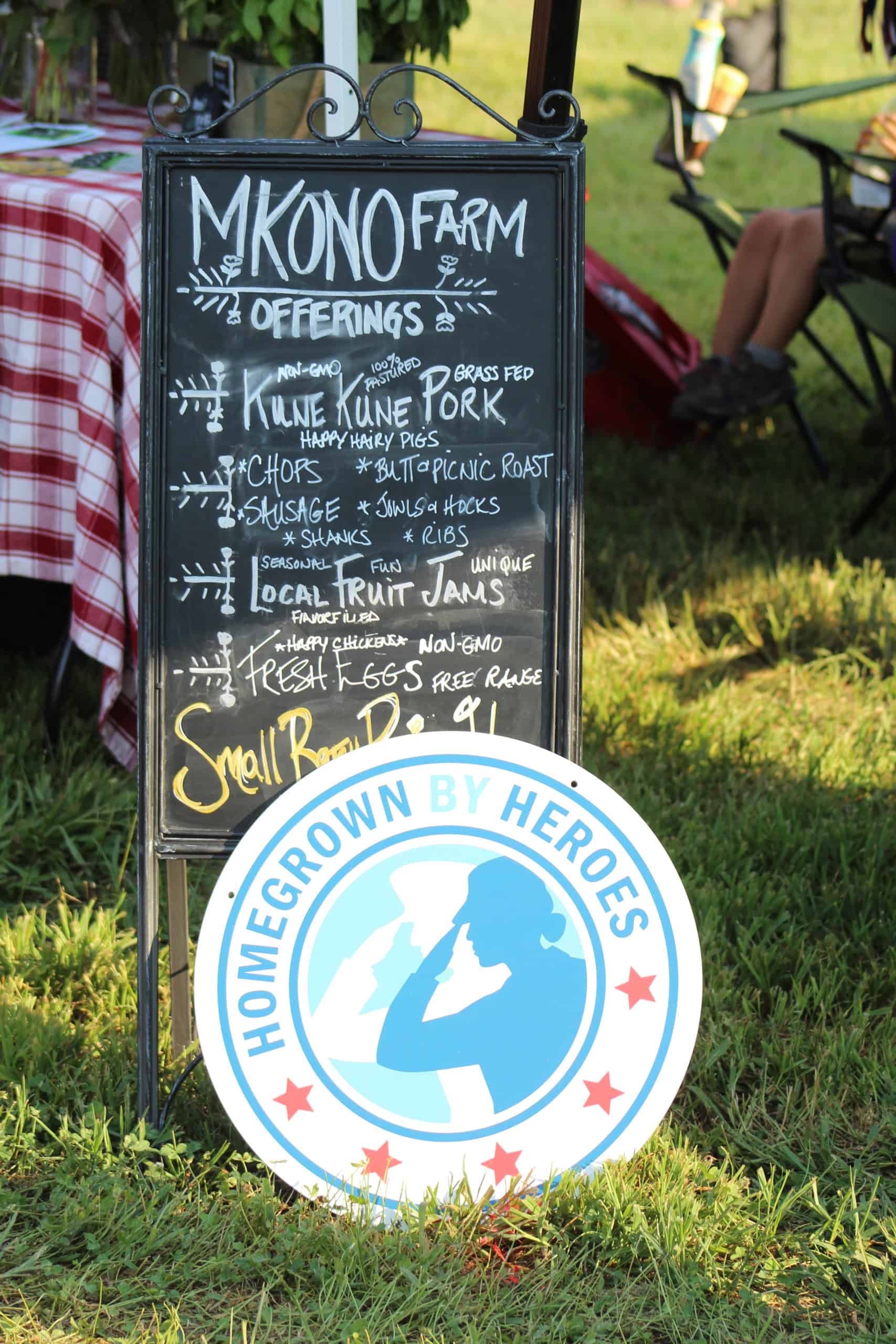
“Taking our farm-to-table stewardship seriously,” says Jason, “our animals are free to roam, socialize, and eat at their pleasure making them happier and thus creating a perfectly delicious harvest.”
Meeting other veterans and farmers is the highlight of the Homegrown by Heroes program for the Durbin family. Tiffany and Todd Durbin own White Hall Farm in Dunkirk, a farm that was established in 1801 and recognized as a Bicentennial Farm, staying in the same family for more than 200 years.
“Homegrown by Heroes and the Farmer Veteran Coalition has helped us immensely,” says Tiffany. “Through the Homegrown by Heroes labels on our products, we have been able to strike up conversations and meet wonderful people through our products. Fellow military members, veterans and community members support our small farm specifically because of the label. I especially love reading the fellow farmer veteran stories. Seeing others in the same situation—building a farm from scratch or coming back home to take part in the family farm—has helped push us and keep us going.”
The Durbins credit the label for helping them stand out in a military-centric community. “Being close to Washington D.C., Andrews AFB, Patuxent NAS, Fort Meade, and more, we have made patrons and new friends and family, all thanks to Homegrown by Heroes,” says Tiffany Durbin. “Just last week I received a lovely email from a new customer who was so excited to learn that Todd is a fellow veteran.”
The FVC resources for farmer veterans help them navigate all the government funding that may be available to them. “The FVC has a plethora of resources and helpful information for farmer veterans. For example, we were able to save financially being Coalition members this past spring on our starting seed supply,” says Tiffany Durbin. “But more important, it is so reassuring to know that we have support, services and help available at just a phone call or e-mail away. The ability to connect with not just fellow farmers, but with fellow veterans who are farming has been so valuable and comforting.”
The wood shop at White Hall Farm is used to create custom work such as wood mobiles, custom company signs and specially-designed furniture. They sell farm-fresh eggs from organic-fed hens and offer free Saturday local delivery. This month, sourdough bread, fall leaf pumpkin pie and other baked goods are on the menu.
“In the spring and summer we also offer flowers. In the future we hope to open a market in one of our historic barns to serve the community even more,” says Tiffany. Find them at https://whitehallfarmmarket.com.
As you travel the state, checking out farms and farmers’ markets, look for the Homegrown by Heroes logo and know you are supporting our veterans and active military members.
